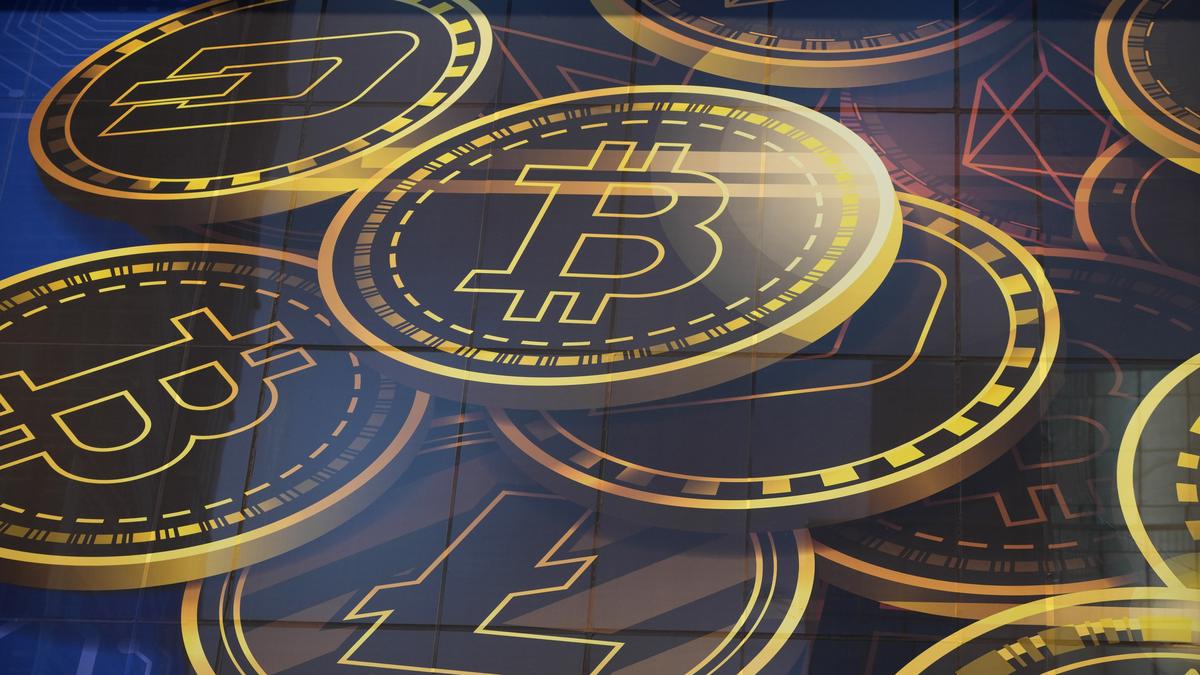The money that is offered to traders is often linked to victims of online fraud schemes, including loan application scams, OTP fraud, and courier fraud.
| Photo Credit: file photo
Cybercriminals are now targeting cryptocurrency traders engaged in peer-to-peer (P2P) transactions on trading platforms, exploiting the system to launder stolen money in exchange for the currencies.
The alleged fraudsters approach traders with offers to buy cryptocurrency, transferring stolen money into their accounts. The funds are often linked to victims of various online fraud schemes, including loan application scams, OTP fraud, and courier fraud.
Mohammad Ismail, a Bengaluru-based cryptocurrency trader, recounted his ordeal to The Hindu. He received a call from Gujarat police a few months ago, informing him that his company’s bank account was flagged in a cybercrime investigation. Shocked, Ismail travelled to Gujarat to respond to the summons.
“The Gujarat police suspected me of being part of a gang of online scamsters, as stolen money from a complainant was traced to my company’s account,” Ismail explained. “However, I clarified that I am a legitimate trader who pays taxes on transactions.”
Ismail revealed that the incident stemmed from a transaction two months prior when an individual posing as a trader contacted his company for a P2P deal. The person purchased 4,000 Tether coins, worth ₹84.84 per coin, and transferred the payment to his account.
“We only realised the money was stolen when the police informed us. Upon discussing with other traders, we found this was a widespread issue,” Ismail said. He added that fraudsters prefer converting stolen money into cryptocurrency as it can be encashed in crypto-friendly countries like Dubai, where regulations are more lenient.
Another trader shared a similar experience, emphasising how this tactic has become prevalent over the last year. “For scamsters, moving stolen money through multiple accounts is risky as transactions can be traced. Converting it to crypto provides a safer route,” he explained.
A senior police officer handling cybercrimes confirmed this emerging trend, noting that P2P transactions are inherently vulnerable. “Traders must conduct thorough background checks of buyers to avoid falling victim to such scams,” the officer advised.
Published – December 15, 2024 09:13 pm IST






